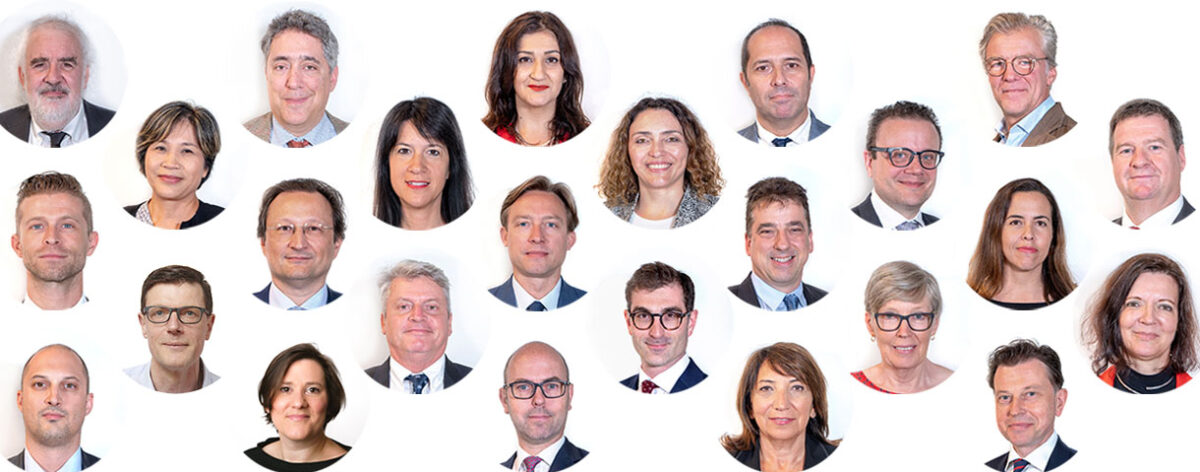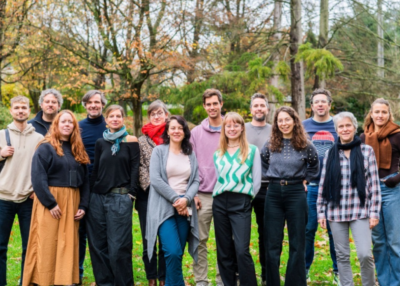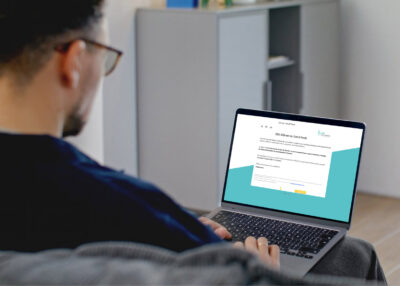
Grow your business with our international network
Our Economic and Commercial Attachés will meet you on June 28, during our Business Day. During this special day, you will have the opportunity to ask them all of your questions about the markets that interest you. Our ECAs are based around the world. They are precious allies for your export projects, as explains Philip Feytons, the director of hub.brussels’ International Network.
Interview: the diverse nature of the Commercial Attachés’ activities.
What is the hub.brussels International Network?
Philip Feytons: Before 1992, we were part of a federal department. When the skills were gradually entrusted to the federated entities, the Brussels-Capital Region set up its own foreign trade department which, following several successive reorganisations, joined the hub.brussels entity.
The network has grown significantly over time. We increased the number of Brussels offices in other countries from 12 to 37. In all, 24 offices are managed by a commercial attaché. Eleven are temporarily or permanently handled by a commercial secretary (local staff who head a sales office) and there are also two additional Chinese offices which report to Shanghai. Including the local assistants, 75 people work for the Agency in other countries.
This regional structure provides many benefits. The regions are better able to coordinate their approach with the demands and needs of local companies. Brussels is primarily a service economy. Proximity with small and medium-sized enterprises is another positive aspect of regionalisation. However, we don’t work independently of the country’s other regions. On the contrary.
Thanks to an interregional “export” cooperation agreement, we have a network of 94 foreign offices with 21 Flemish offices and 36 Walloon offices. Brussels-based companies can call on their services and contacts at any time. And inversely: 11 Brussels’ agencies provide support to Walloon and Flemish exporters.
Where is the Brussels ECA network most active?
Philip Feytons: We pay special attention to European markets, which currently account for over 85% of Brussels exports. It’s also where most of our offices are located. The European market is even more important given the current deglobalisation trend we are seeing, the move towards a more sustainable and environmentally-friendly economy and the ongoing health and economic crisis.
We are also well-represented on the other continents. We want to continue to develop our presence in China, Africa and South Asia in the near future. However, as I said before, thanks to our collaboration with FIT and AWEX, we currently have a presence in 96 different areas, covering 140 regions or territories. Belgian embassies represent commercial interests in the areas and regions where there is no local Commercial Attaché.
What are the benefits of an international network for Belgian companies that want to do business in other countries?
Philip Feytons: Our Attachés in other countries can represent the commercial interests of all Brussels-based companies. Their primary mission is prospecting. They travel on site to look for potential customers.
Our Commercial Attachés then put Belgian entrepreneurs in contact with the leads they find.
Let’s assume that I want to export. How should I go about it?
Philip Feytons: Beginner exporters first have to work with the Export Area Managers and the Account Manager to ensure that the company is ready to export. Our staff in Brussels and in other countries will review your business plan, your financial resources, your strategy, your brand’s name recognition and your production capacity. If the team believes that you have a good foundation to start exporting, our Attaché on site can investigate if the target market is suitable for a specific product or a set of products, for example, via a market or sector study, using their local network.
The ECAs also investigate other aspects: is there local demand for your product? What is the legal environment for exports? Are there any tariff or non-tariff (e.g. health) restrictions and what are the intellectual property rules in other countries? Do you have professional communications and marketing resources? Our Commercial Attachés will then search for distribution channels and sales agents. They inform companies of the potential financial aid available from the Region, for example if, as a candidate for exporting, you want to make a prospecting trip or take part in an annual trade show individually.
Are you actively looking for foreign companies that want to invest in the Brussels Region?
Philip Feytons: The ECAs prospect companies in other countries that are looking to expand internationally and are considering coming to Brussels because of the many advantages provided by the Brussels Region. The ECAs work with the Invest Area Managers and rely on an extensive network of international contacts. They create a list of opportunities and leads. When a lead is promising or successful, the Area Manager will take over, together with other hub.brussels teams and Brussels partners.
Knowledge management and business intelligence monitoring are very important priorities in the ECA’s work, which they handle in cooperation with the Agency’s innovation/knowledge management department, the Area Managers and the cluster managers.
Are the Attachés also responsible for promoting Brussels’ image in other countries?
Philip Feytons: Yes, marketing the city is the third important area they are responsible for, after promoting the search for new investments.
We organise joint actions, including Brussels Days, with visit.brussels, Brussels International and the Brussels Commissioner for Europe and International Organisations which highlight Brussels in a range of areas, including science, education, culture, gastronomy, investment and tourism. “Image promotion” is also planned on a regular basis for collective missions with companies in other countries.
How can I contact one of your offices in another country?
Philip Feytons: Brussels-based companies and partners can contact them directly via our website. However, I wouldn’t recommend that beginner entrepreneurs do this before checking that they’re ready to export with the Brussels export BU’s Account Manager for new exporters.
If you don’t know who to contact first, it’s best to contact the Region’s information point at hub.brussels by email or by calling 1819. They will direct you to the right contact person for your project.
More news

After Audi: Brussels foreign trade in the first half of 2025
Posted on 28/01/2026
